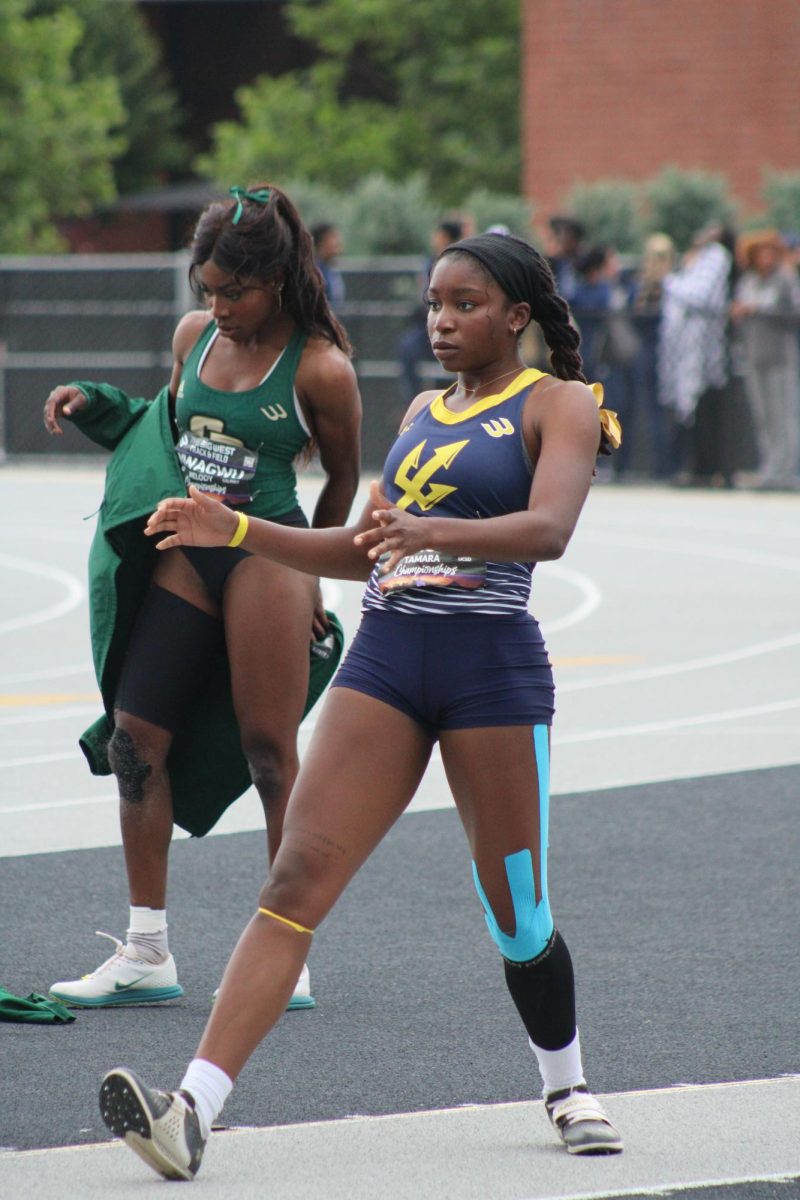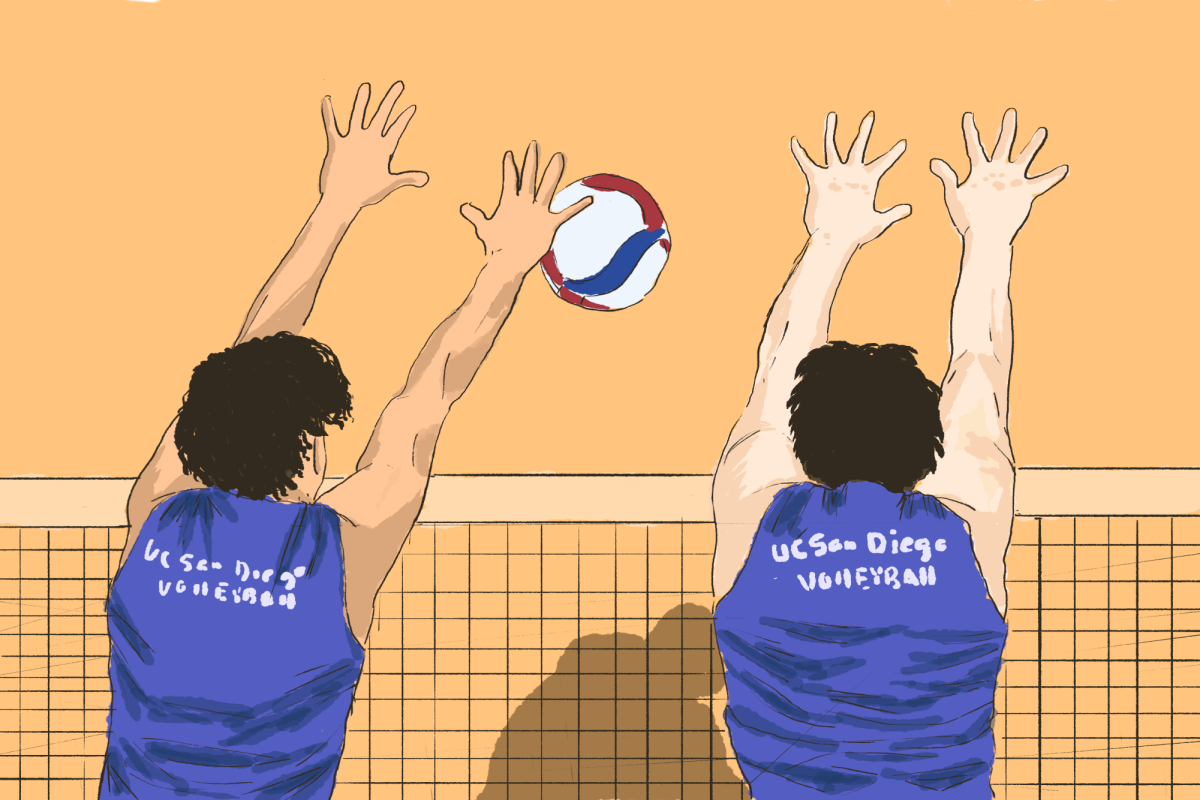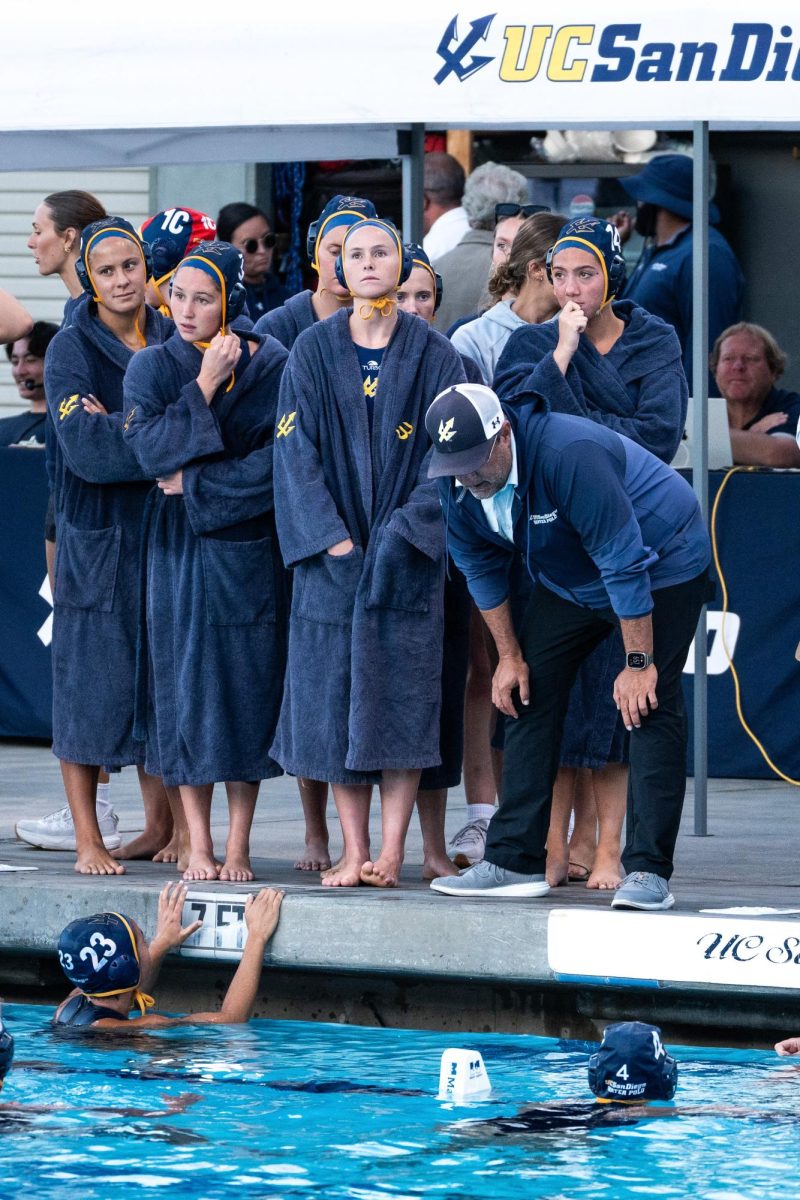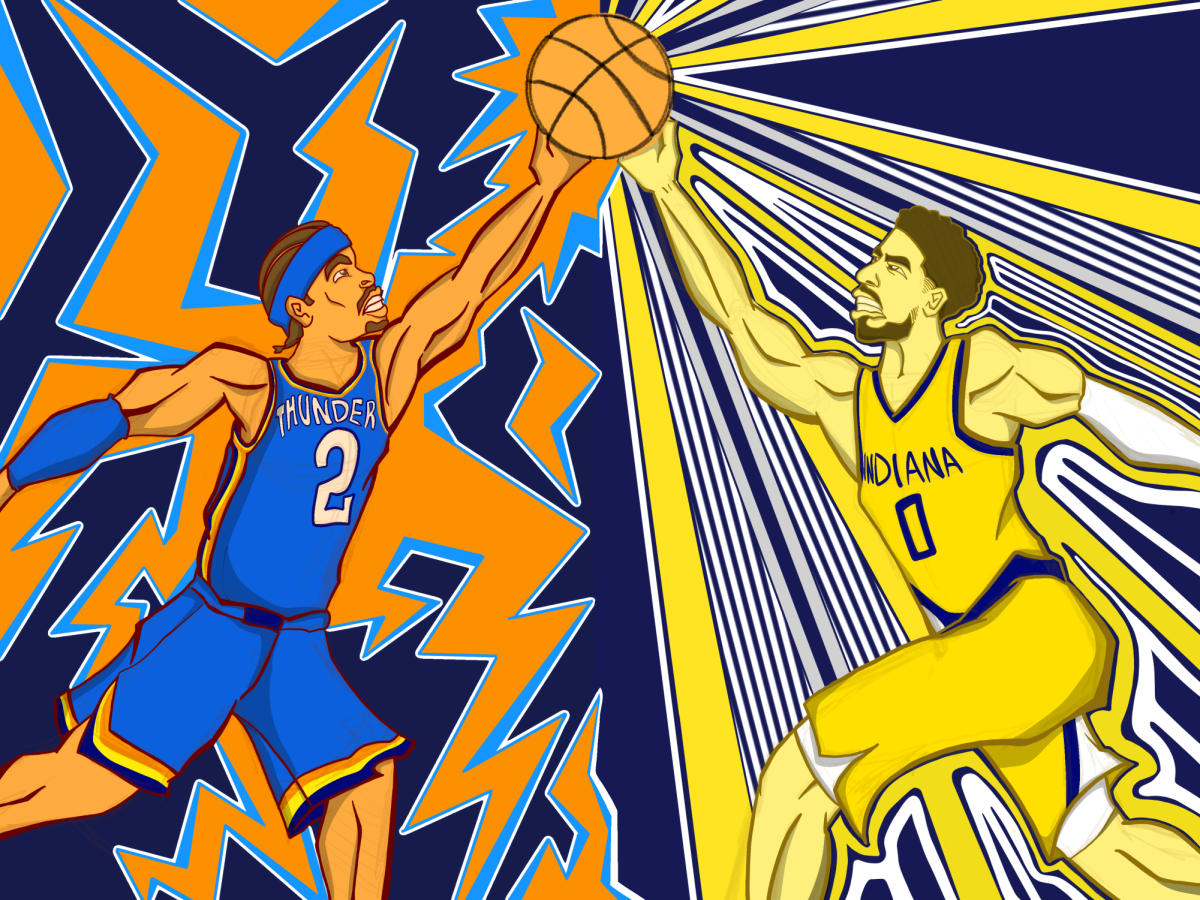It hasn’t been a hot-button issue in the NFL for a few seasons, but in the 2000s and early 2010s, the NFL had a crime problem. Sure, the arrest rate for NFL players is lower than that of the general public, but with high-profile examples like Ray Rice’s domestic violence, Michael Vick’s dogfighting case, and Aaron Hernandez’s murder conviction, criminality has been a cloud over the league, and the butt of jokes, for a while.
Plenty of ink has been spilled about whether players convicted or suspected of crimes should play in the league, and it’s not surprising why they do — good NFL players provide millions of dollars of value for their play, and teams and their fans care about winning more than anything else. Arizona Cardinals General Manager Steve Keim once famously quipped in 2015 that “if Hannibal Lecter ran a 4.3 [40-yard dash], we’d probably diagnose it as an eating disorder.” (It’s hard to present this quote without also pointing out that in 2018, Keim was cited for “extreme DUI” after blowing a 0.19 BAC on a breathalyzer. It’s like poetry.)
But this isn’t an article about the NFL’s teams, which are ultimately corporations who are going to do what’s best for their bottom line. What’s more interesting to me is how sports media treat player misconduct when discussing a player, and whether this contributes to an environment that lets players get off lightly in the court of public opinion.
Make no mistake, commentators must walk a fine line when they discuss players’ alleged crimes. Most players who’ll be on the field haven’t been outright convicted in a court of law, and while “innocent until proven guilty” is a legal standard and not one that requires the reservation of personal judgment, accusing a player of a crime that we’re not 100% sure they committed is unfair at best, and at worst, sticky legal territory for the TV network. That’s not to mention that dealing with such matters might stretch the boundaries of comfort for a sports broadcast, especially since they’re meant to appeal to children. So suffice it to say, I don’t expect “Monday Night Football” to be the vanguards of justice, condemning players for their failures.
But what I think fans are owed, at the very least, is that player misconduct is treated with the gravity and seriousness it deserves. If you watched Ben Roethlisberger’s final game at Pittsburgh’s Heinz Field, you saw a three-hour lovefest for the retiring Steelers quarterback from the MNF crew. That’s understandable, and it’s fine for Roethlisberger’s accusations of sexual assault to not be a central portion of their coverage. What is concerning is the way in which commentators used Roethlisberger’s past issues to create the narrative of a comeback, as if they were an injury or a penchant for partying.
“Ben was immature at times. He made mistakes. And this fan base loves him and will always support him,” said MNF commentator Brian Griese. In ESPN’s career retrospective published the same day, Roethlisberger “was mercurial and immature, but he never wavered from his ultimate goal.”
It’s one thing to ignore Roethlisberger’s accusations and evaluate him solely as an on-field football player. It’s another thing entirely to feign consideration for Roethlisberger’s misdeeds for no other reason than to deify him further, to exploit the ambiguity of whether he’s guilty of a heinous crime to have it both ways, mentioning Roethlisberger’s assault accusations while simultaneously glossing over them.
This isn’t a unique incident, and anyone who’s watched a lot of sports has seen this pattern play out numerous times. Commentators often sanitize misconduct as an “off-field” or “personal” issue. While that sanitization makes sense, not just for the reasons above but also in that the broadcasters need to stay in the good graces of the leagues they cover, mentions of off-field issues are rarely deployed as a criticism of the player. Instead, in the moral system sports media subscribes to, these issues are something a player comes back from not by apologizing to anyone, or by thoughtful community service, or any of the normal ways we atone for wrongs — they are atoned for by playing well on the field.
Make yourself a key contributor on a playoff team and suddenly you’re absolved — just ask Antonio Brown, whose rap sheet is about as long and bizarre as any athlete’s. Burglary, battery, a history of recklessness, and multiple sexual assault accusations didn’t end his career; instead, the Buccaneers gave him a shot because they thought he could help them to a Super Bowl ring. The fact that Brown’s latest tantrum, in which he stripped off his uniform and quit on the Buccaneers mid-game against the Jets, will likely be more detrimental to his career than any of those other actions — because it specifically disrespected the team in public view — speaks volumes.
Of course, things are still better than they used to be. Just as with all public figures, it’s much harder for credible accusations (or even criminal convictions) to be swept under the rug entirely than it was a few decades ago, or even a few years ago. One shudders to think how the cases of Deshaun Watson or Mason Greenwood would play out in a different time. But since sports acts as a microcosm of society, it can also surface complex issues that our broader society needs to deal with, and the way we treat players, victims, and crimes feed into larger conversations about condemnation and forgiveness.
It’s hard to say what the solutions to these issues are in sports, given that discussing player misconduct is such a minefield. The public discussion of cases like those of Roethlisberger or Kobe Bryant don’t have easy answers, and to pretend they do causes everyone damage, most of all the accusers and the accused. But it’s clear at the very least that we shouldn’t let our feelings about a player on the court change how we treat them off it. If a player has done something wrong, then no amount of production, past or future, should make up for it.
As for sports media, they need to remove themselves from their role in this cycle by not treating misconduct as simply a road bump in a player’s career that they need to overcome. People deserve second chances, but they earn them not by demonstrating value to a sports franchise, but through a real, sincere process of atonement. By denying this distinction, sports media can too often be complicit in forging unearned redemption arcs.
Art by Ava Bayley for the UCSD Guardian









